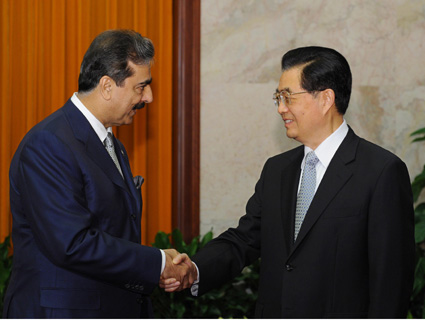On Wednesday, David Headley continued to deliver revelatory, damaging testimony at the trial of alleged Mumbai attack conspirator Tahawwu Rana. Headley—who helped plan the attacks—alleges that Pakistani intelligence collaborated with Lashkar-e-Taiba, the Islamist terror group that killed 166 Americans in November of 2008. His testimony will likely exacerbate an already fraying relationship between the United States and Pakistan.
But as we pointed out on Monday, Headley is also directing some unwanted attention at another security entity: the Drug Enforcement Agency, which employed Headley as an informant for several years. From The New York Times:
One of Mr. Rana’s lawyers, Charles Swift, began cross-examining Mr. Headley on Wednesday, and his relationship with the D.E.A. was one of the first areas explored. Mr. Headley said that he had traveled to Pakistan for the agency in 1999, and continued working with it until September 2002, months after he had begun training with Lashkar-e-Taiba.
Mr. Swift asked Mr. Headley about a 2001 episode in which his former wife warned the Federal Bureau of Investigation that she believed he was plotting with terrorists. Mr. Headley said he told the investigators that he was mixing with extremists as part of a government assignment.
“I had instructions from the D.E.A. to visit those mosques,” Mr. Headley said.
“So you told the government not to worry because you were working for them, right?” Mr. Swift asked.
Mr. Headley replied, “Yes.”
If Headley really was supposed to infiltrate extremist groups on behalf of the DEA, it makes sense that the FBI woudn’t have investigated what he was up to. Still, the revelation that he spent months working as a double agent dredges up ugly, painful memories of the December 2009 murder of seven Afghanistan-stationed CIA agents by Jordanian double agent Humam Khalil Abu-Mulal Al-Balawi—a man who, it turned out, the United States had already identified as a serious threat.
















